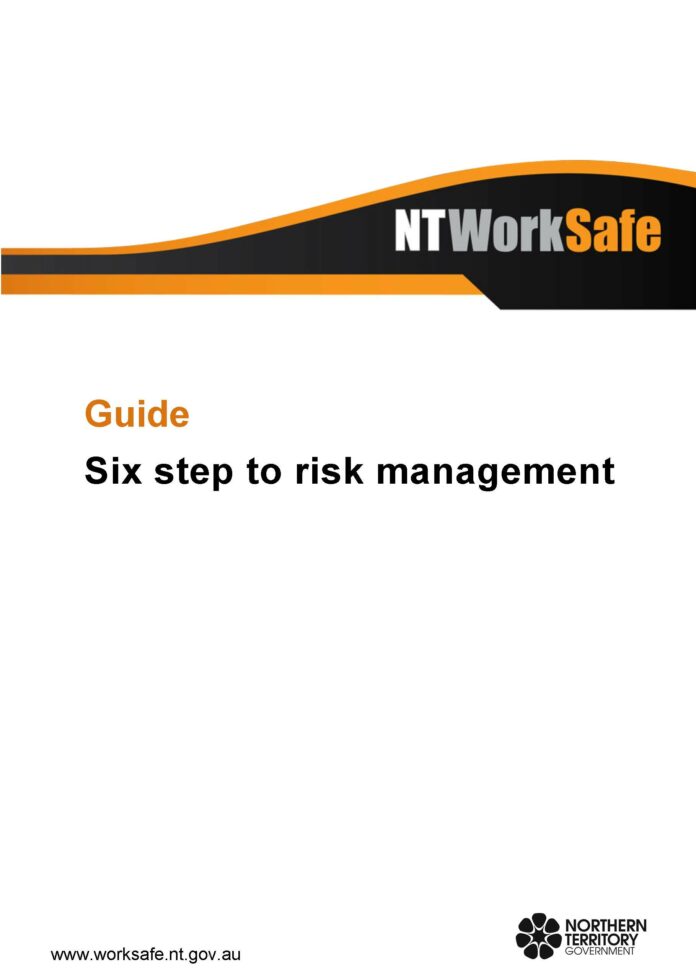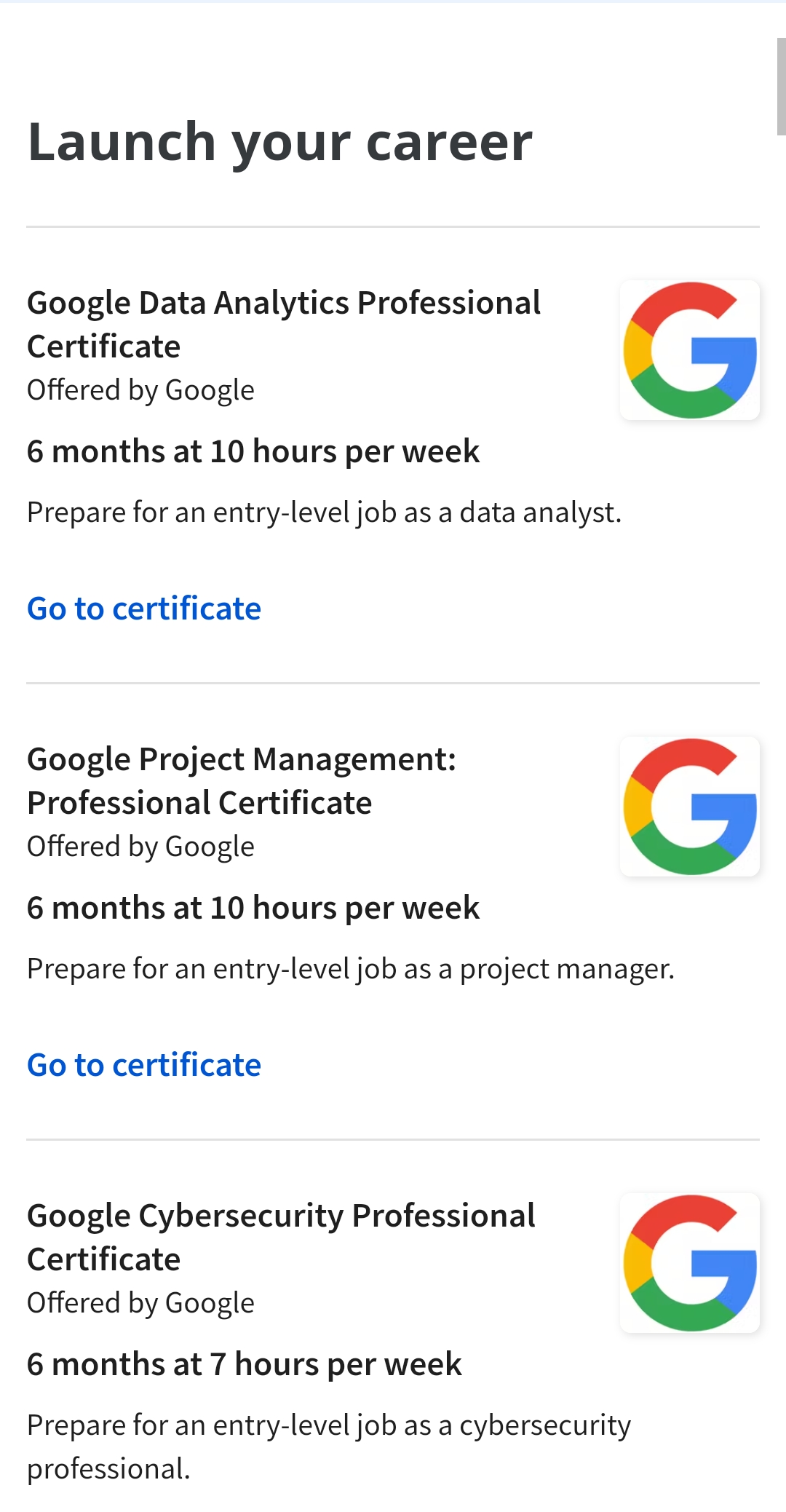Introduction to Six-Step Risk Management Guide
This guide aims to help you assess and manage health and safety risks in the workplace. Risk management is an important way to protect your workers and your business, while at the same time complying with the law. It helps you focus on the risks that really matter in your workplace – the ones with the potential to cause real harm.
In many instances, straightforward measures can readily control risks, for example ensuring spillages are cleaned up promptly so people do not slip, or cupboard drawers are kept closed to ensure people do not trip. For most, that means simple, cheap, and effective measures to ensure your most valuable asset – your workforce – is protected.
The law does not expect you to eliminate all risk, but you are required to protect people as far as ‘reasonably practicable. This guide will help you to achieve that.
The steps outlined in this guide are not the only way to conduct a WHS risk management process, there are other methods that work well, particularly for more complex risks and circumstances. However, we believe this method is the most straightforward for most organizations.
Don’t overcomplicate the process. In many organizations, the risks are well known and the necessary control measures are easy to apply. If you are an employer, you probably already know whether, for example, you have employees who move heavy loads and so could harm their backs, or where people are most likely to slip or trip. If so, check that you have taken reasonable precautions to avoid injury.
If you run a small organization and you are confident you understand what’s involved, you can do the assessment yourself. You don’t have to be a health and safety expert. If you work in a larger organization, you could ask a health and safety advisor to help you. If you are not confident, get help from someone who is competent.
In all cases, you should make sure that you involve your staff or their representatives in the process. They will have useful information about how the work is done that will make your assessment of the risk more thorough and effective. But remember, you are responsible for seeing that risk management is carried out properly.
Good Management Practice
Risk management is recognized as an integral part of good management practice. It is an interactive process consisting of steps, which, when undertaken in sequence, enable continual improvement in decision-making.
Risk management is the term applied to a logical and systematic method of establishing the context, identifying, analyzing, treating, monitoring, and communicating risks associated with any activity, function, or process in a way that will enable organizations to minimize losses and maximize opportunities. Risk management is as much about identifying opportunities as avoiding or mitigating losses.
Hazards and risks are not the same things
A hazard is an act or condition that has the potential to cause damage to a plant or equipment or result in an illness or injury.
Hazards can be categorized by the type of outcome, energy exchange process, or geographic location. manual handling hazards, slips and trips, and laundry hazards. A risk is the likelihood of a specific consequence occurring. Risks are usually expressed in terms of likelihood and consequences. the risk of contracting Ross River Fever while working in Tasmania might be considered to be very low.
In many cases, the terms ‘hazard’ and ‘risk’ are used interchangeably, however, remember that hazard has a more general application and risk a specific application. Risk management has three (3) main stages, risk identification, risk assessment, and risk control.
In many cases in the early phase of identifying risk, we may in fact be looking to identify all the risks associated with a particular activity or process, in which case the activity is more properly referred to as hazard identification, risk assessment, and then risk control.





